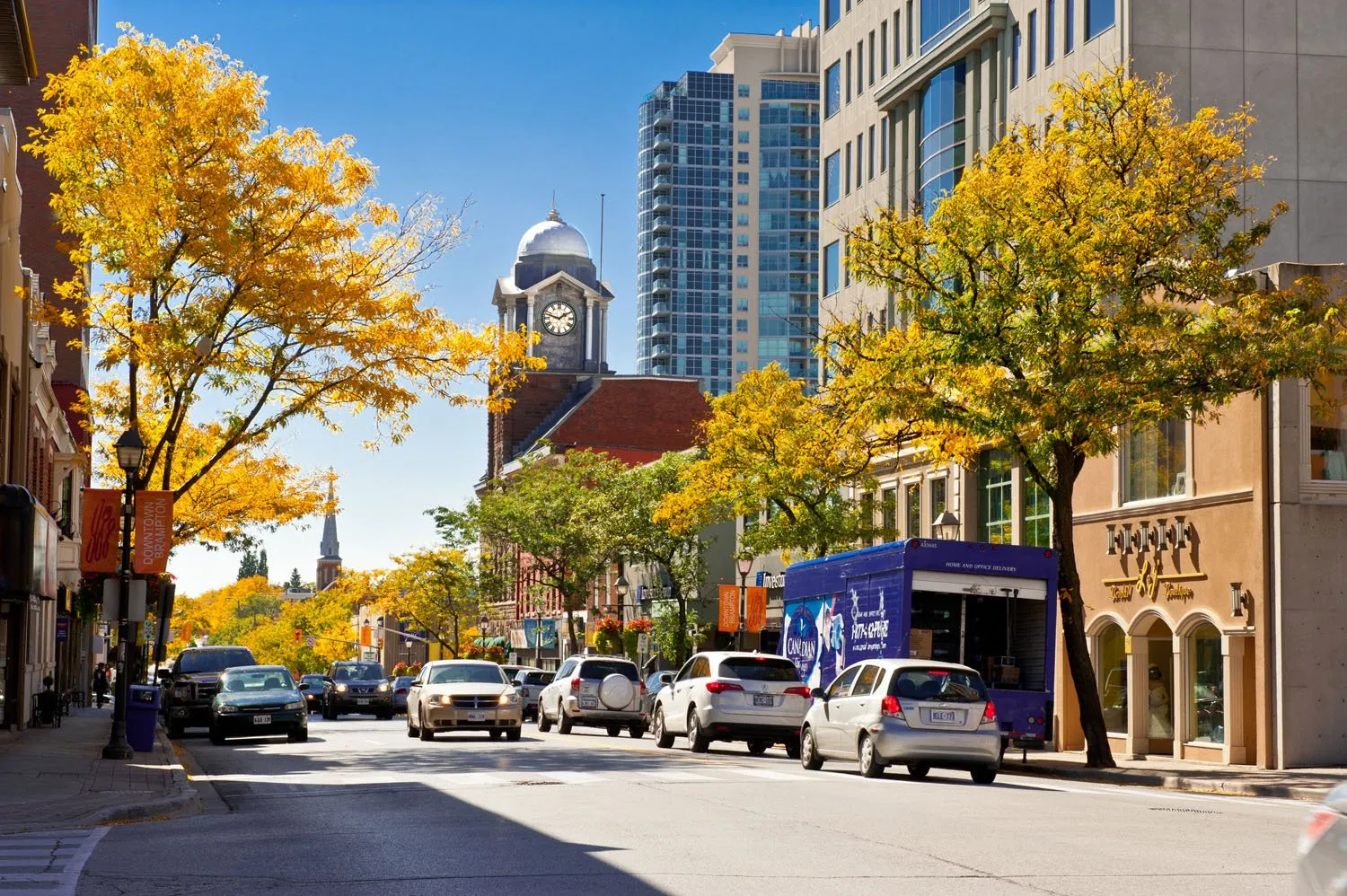If you’ve ever thought about investing in a hotel business, now might be the perfect time—especially in Ontario. With tourism bouncing back stronger than ever and more people traveling locally, Ontario’s hospitality industry is heating up. While cities like Toronto and Ottawa are always in demand, other smaller cities are quickly rising as smart hotel investment destinations.
In this blog, we’ll explore five emerging hotel investment hotspots in Ontario for 2025—Fort Erie, Brampton, Niagara-on-the-Lake, London, and Windsor. These are cities and towns where demand is high, growth is steady, and the opportunity for hotel profits is only getting better. Whether you’re a seasoned investor or someone looking for your first hospitality venture, these locations deserve your attention.

1. Fort Erie – Ontario’s Cross-Border Gem
Fort Erie sits right on the U.S. border, directly across from Buffalo, New York. Thanks to its location and historic charm, it has become a magnet for American visitors crossing the Peace Bridge. Now that pandemic restrictions are behind us, cross-border travel is booming again.
Fort Erie has invested millions into attractions like Bay Beach, and its historic site, Old Fort Erie, draws families and history buffs alike. In 2024, the town issued over 800 building permits, with many aimed at improving commercial spaces, restaurants, and retail areas that support tourism.
There’s also growing demand for short-term stays—Airbnb listings in the area see solid bookings and an average nightly rate of $215. With limited hotel options currently available, this means high occupancy rates and room for new investors to build or buy.
🔑 Why invest?
- High U.S. tourist traffic
- Marina and waterfront redevelopment plans
- Strong Airbnb data suggests year-round demand
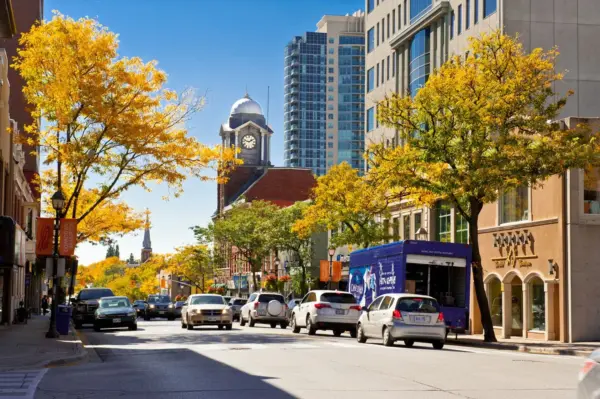
2. Brampton – Canada’s Fastest Growing City
Brampton is no longer just Toronto’s neighbor. With 800,000+ residents and 45,000 new people moving in every year, Brampton is becoming a major business and cultural hub in its own right.
Many big companies are moving in. Construction is booming, and commercial developments are opening across the city. And yet, there are not enough hotels to meet the growing need—especially with its proximity to Toronto Pearson Airport just minutes away.
Brampton also hosts major events like the GT20 Cricket Tournament, which brings in international visitors. The city is building Canada’s largest cricket stadium, set to become a destination for tournaments and sports tourism. Plus, the local tourism board is now collecting a 4% Municipal Accommodation Tax, which it reinvests into promoting Brampton as a visitor destination.
🔑 Why invest?
- Massive population growth
- Huge corporate and sports tourism demand
- Shortage of hotel rooms = high potential returns
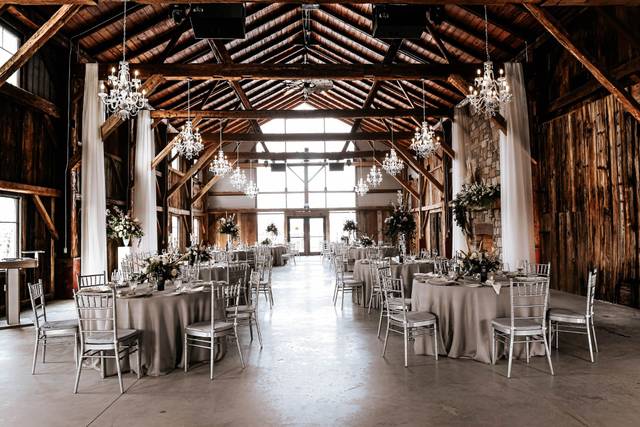
3. Niagara-on-the-Lake – Luxury, Wine, and Weddings
If you love wine country, you’ve likely heard of Niagara-on-the-Lake (NOTL). Known for its charming downtown, wineries, and the Shaw Festival Theatre, this small town gets a huge amount of tourism—over 3.5 million visitors per year.
Despite its popularity, there are very few hotels. Many tourists stay in boutique inns or B&Bs, and most sell out during peak seasons. Because of the shortage, investors are now applying to build new luxury hotels to serve wine lovers, theatre-goers, and destination wedding guests.
With average spending of over $600 million per year from tourism in NOTL, and many guests paying premium rates, this is a high-value market.
🔑 Why invest?
- High-end tourist destination
- Strong demand for boutique and luxury stays
- Growing year-round attractions
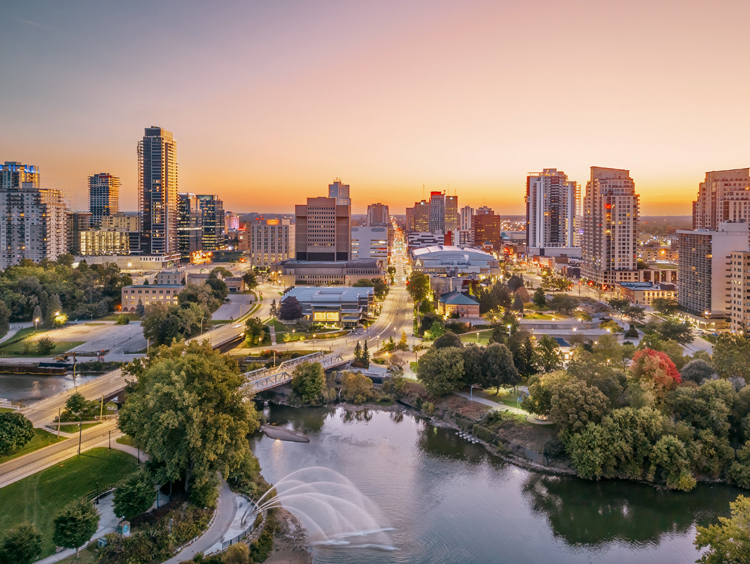
4. London – A City Built for Events and Entertainment
London, Ontario is often called the “Forest City,” but it’s also becoming a major entertainment destination. In 2023, London saw $1.08 billion in tourism spending, with over 2 million overnight visitors. That’s higher than before the pandemic!
Big events like Rock the Park, Sunfest, and the Ontario Summer Games fill hotel rooms every summer. On top of that, London is getting Canada’s first Hard Rock Hotel, opening in 2025. It will be part of the 100 Kellogg Lane complex—a massive indoor entertainment and shopping destination.
The city also has a strong weekday crowd: students, medical patients, and business travelers from across Southwestern Ontario visit regularly. Hotel occupancy rates are strong year-round, and average nightly rates are rising.
🔑 Why invest?
- Fastest growing entertainment and event hub
- Big new hotel developments like Hard Rock
- Consistent demand from business and education sectors
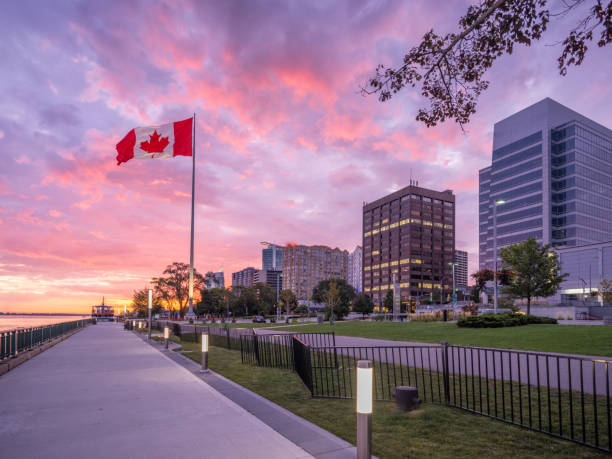
5. Windsor – Two-Nation Destination
Windsor sits just across the river from Detroit, and together they market themselves as a “Two-Nation Destination.” 5.6 million visitors came to Windsor in 2023 alone, spending over $850 million.
The biggest driver is Caesars Windsor, a casino and concert venue that attracts visitors from all over Canada and the U.S. When the hotel at Caesars is full (which is often), guests need nearby rooms—creating huge spillover demand for other hotels in the city.
Windsor’s economy is also booming. A $5 billion EV battery plant is bringing in thousands of new workers. A new Gordie Howe International Bridge is opening in 2025, which will make cross-border travel even easier.
🔑 Why invest?
- Strong casino and entertainment tourism
- Big business and infrastructure projects
- Growth in both U.S. and Canadian visitor traffic
Ontario Hotel Market Snapshot (2025)
Before wrapping up, let’s look at Ontario’s hotel market as a whole:
- Occupancy: In 2024, hotel occupancy in Ontario reached 67%, the highest in Canada.
- ADR (Average Daily Rate): Room rates are now 20% higher than before the pandemic, and still rising.
- RevPAR (Revenue Per Room): Hotel revenues per room are at all-time highs in many cities.
- New Supply: Over 6,500 new hotel rooms are opening in 2025 across Canada—many in Ontario’s smaller cities.
These stats show Ontario’s hotel market is not just recovering—it’s growing fast.
Final Thoughts: Now Is the Time to Invest
Ontario is full of hotel investment opportunities right now. Cities like Fort Erie, Brampton, Niagara-on-the-Lake, London, and Windsor are all riding a wave of growth—and each offers a unique path to success for investors.
Whether you want to build a new hotel, buy an existing one, or convert a property into a boutique stay, these five cities are your best bets for 2025 and beyond. With the return of travel, rising room rates, and supportive local governments, the conditions are right.
So if you’ve ever thought about owning a hotel—or expanding your real estate portfolio—now is the time to act.
FAQ’s
1. Why is Ontario considered a promising region for hotel investment?
Ontario stands out as one of Canada’s most dynamic provinces, with a growing population, diversified economy, and strong tourism sector. From bustling urban centers like Toronto and Mississauga to scenic destinations such as Niagara and Muskoka, the province offers year-round visitor appeal. Ontario also benefits from international airport hubs, extensive road infrastructure, and cross-border travel from the U.S., which contribute to consistent occupancy rates in well-placed hotels. For investors, this means a reliable stream of potential guests and the ability to tap into various market segments—business travelers, vacationers, and event-goers. Combined with ongoing urban development, Ontario’s hotel sector presents strong long-term potential.
2. What are the risks involved in investing in hotel properties?
Like any real estate investment, hotel ownership carries certain risks that investors should prepare for. Market fluctuations, seasonal occupancy changes, and economic downturns can directly impact profitability. Additionally, the operational nature of hotels means investors must manage or outsource daily functions such as staffing, maintenance, and customer service. Unexpected events—like global pandemics or shifts in tourism trends—can also cause sudden declines in revenue. To mitigate these risks, it’s essential to conduct thorough due diligence, invest in prime locations with year-round appeal, and work with experienced hospitality managers or consultants. A well-structured business plan and reserve funds can help cushion volatility and maintain operational stability.
3. How important is hotel branding when investing in Ontario?
Branding can significantly influence a hotel’s success, especially in competitive markets like Ontario. Affiliation with a well-known hotel brand—such as Marriott, Hilton, or Best Western—can provide instant credibility, access to loyalty programs, and national marketing support. Branded hotels often benefit from higher occupancy rates and can charge premium prices due to trust and brand recognition. However, branding also comes with franchise fees and operational guidelines that limit flexibility. On the other hand, boutique or independently run hotels offer creative freedom and unique positioning but require a stronger local marketing strategy. Choosing between branded and independent models depends on your target market, investment strategy, and long-term vision.
4. What role does tourism infrastructure play in hotel investment returns?
Tourism infrastructure—such as airports, public transit, event venues, and nearby attractions—plays a crucial role in determining hotel investment returns. Properties located near transportation hubs or popular destinations typically enjoy higher occupancy and better average daily rates. For example, hotels in Niagara Falls benefit from consistent foot traffic, while those near airports or convention centers attract business travelers year-round. Infrastructure development, such as highway expansions or waterfront revitalizations, can also significantly increase property value over time. When scouting locations, investors should assess not just current amenities but also planned municipal upgrades, as these often signal future demand and appreciation potential for nearby hotels.
5. Is it better to build a new hotel or invest in an existing property?
Both options have advantages, depending on your risk appetite and investment timeline. Buying an existing hotel allows for immediate cash flow, assuming the property is operational and well-located. It may also come with brand recognition, loyal customers, and trained staff. However, older hotels may require costly renovations to meet modern standards. On the other hand, building a new hotel gives you full control over design, branding, and target market alignment. It can be more capital-intensive and time-consuming but offers higher customization and long-term value. Many investors choose existing properties in emerging areas with growth potential to balance return and effort.
📚 Sources:
- Town of Fort Erie: www.forterie.ca
- Invest Brampton Annual Report 2024
- Niagara-on-the-Lake Tourism Board 2023–24
- Tourism London Report (Global News, July 2024)
- Tourism Windsor Essex Pelee Island (TWEPI) AGM 2024
- CBRE Canada Hotel Market Outlook 2025
- Ontario Ministry of Tourism – Travel Statistics Dashboard
- Airbtics.com – Fort Erie Airbnb performance
- 100 Kellogg Lane – Hard Rock Hotel Announcement
- City of Brampton – Cricket Stadium Development and GT20 Hosting
